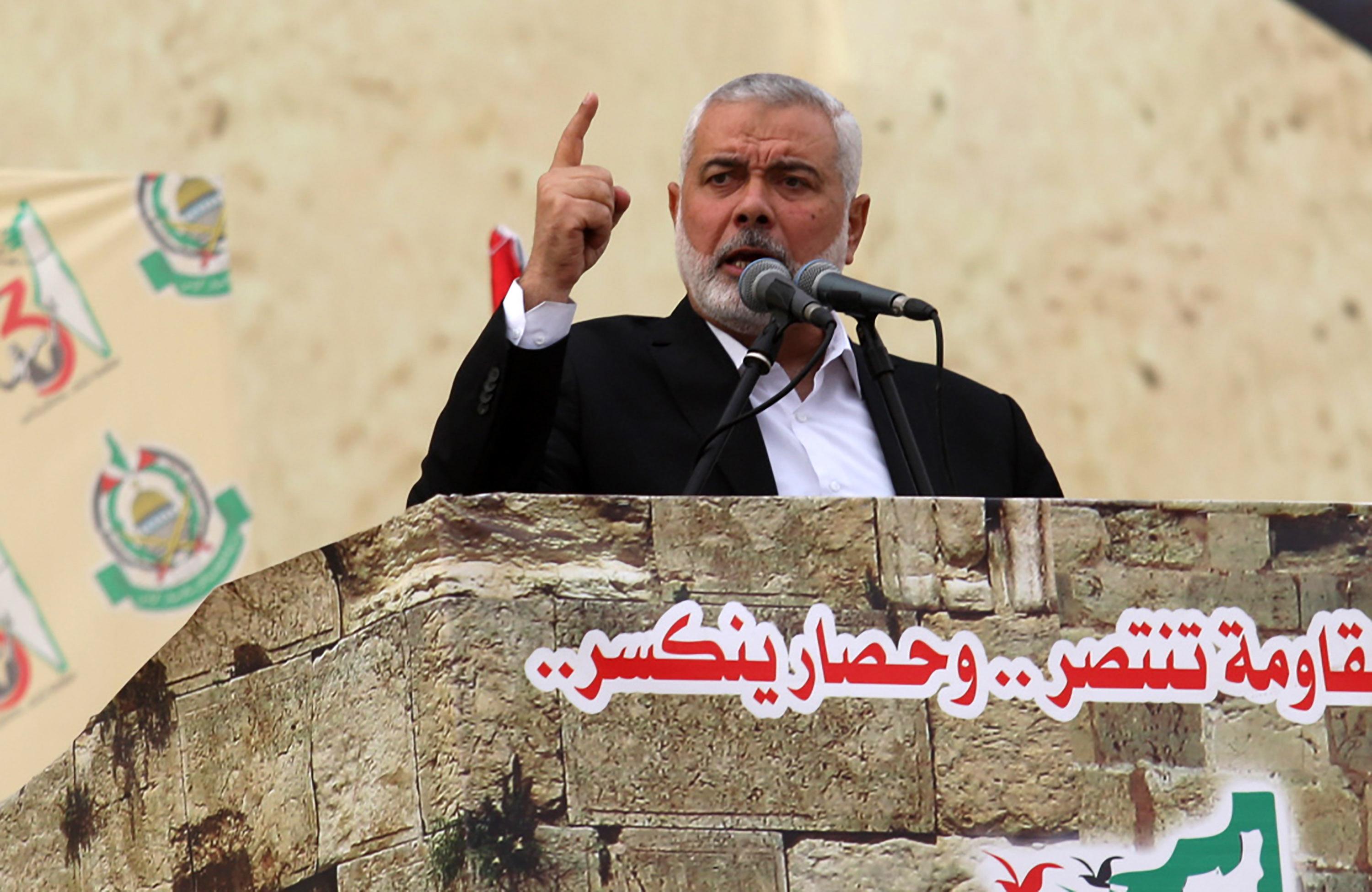Hamas, Ismail Haniyeh
Profile: Who assassinated Hamas Chief Ismail Haniyeh?
Ismail Haniyeh, the 62-year-old leader of Hamas's political bureau, was killed in Tehran on Wednesday, marking a significant development in the ongoing Middle East conflict. Haniyeh's journey from a refugee camp to Hamas leader is a story of political ascension intertwined with terror, conflict and controversy.

Ismail Haniyeh, the 62-year-old leader of Hamas's political bureau, was killed in Tehran earlier today (Wednesday), marking a significant development in the ongoing Middle East conflict. This comes just months after his deputy, Saleh al-Arouri, was eliminated in Beirut in January.
Haniyeh's journey from a refugee camp to the leadership of one of the most controversial political organizations in the Middle East is a story of political ascension intertwined with conflict and controversy.
Born in 1962 in the Shati refugee camp in Gaza, Haniyeh's early life was marked by poverty. He studied Arabic literature at the Islamic University in Gaza, where he became involved in Islamic activism. His political career began in earnest during the First Intifada in 1987, leading to multiple arrests by Israeli authorities.
In 1997, Haniyeh's political trajectory took a significant turn when he was appointed as the personal assistant to Hamas founder Sheikh Ahmed Yassin. This position catapulted him into the upper echelons of Hamas leadership.
Haniyeh's political acumen became evident in 2006 when he led Hamas to a surprise victory in the Palestinian legislative elections. However, his government was quickly boycotted by Western nations, leading to economic hardship in Gaza.
The political landscape shifted dramatically in 2007 when Hamas forcefully took control of Gaza, leading to a split in Palestinian governance. Haniyeh continued to lead Hamas in Gaza, surviving multiple assassination attempts and Israeli military operations.
While Gaza struggled under economic blockade and repeated conflicts, reports emerged of Haniyeh's lavish lifestyle. German newspaper "Bild" estimated his wealth at $2.5 billion, with reports of luxury hotels, private jets, and significant real estate holdings.
This stark contrast between Haniyeh's personal wealth and the conditions in Gaza has been a source of criticism. The IDF spokesperson revealed evidence of luxury purchases by Haniyeh's family, including jewelry receipts worth nearly two years' salary for the average Gazan.
The ongoing conflict has taken a heavy toll on Haniyeh's family. In April 2024, three of his children and three grandchildren were killed in an Israeli airstrike on the Shati refugee camp. Despite these personal losses, Haniyeh remained defiant, stating on Al Jazeera, "With this pain and blood, we are creating hope, a future and freedom for our people, our goal and our nation."
In May 2024, the International Criminal Court in The Hague announced potential arrest warrants for war crimes against several leaders, including Haniyeh. The charges included "extermination as a crime against humanity" and "hostage-taking as a crime against humanity," among others.
Ismail Haniyeh's death marks the end of a controversial figure in Middle Eastern politics. To his supporters, he was a steadfast leader for the Palestinian cause. To his critics, he was a terrorist leader who brought suffering to both Israelis and Palestinians.
Questions remain about the future leadership of Hamas and the potential impact on the Israeli-Palestinian conflict.
* Ynet contributed to this profile.